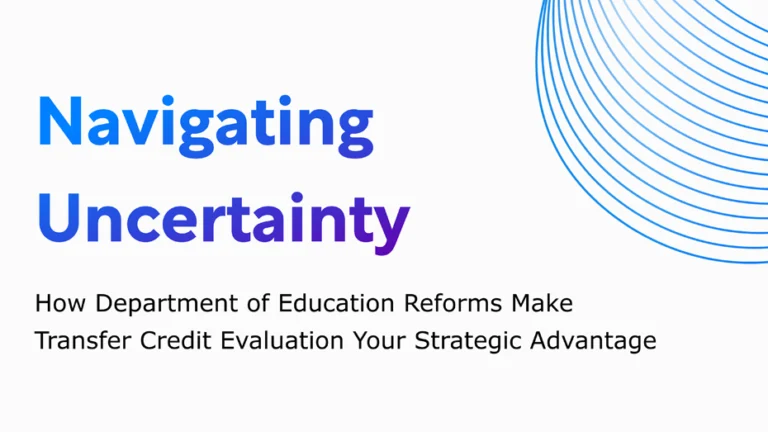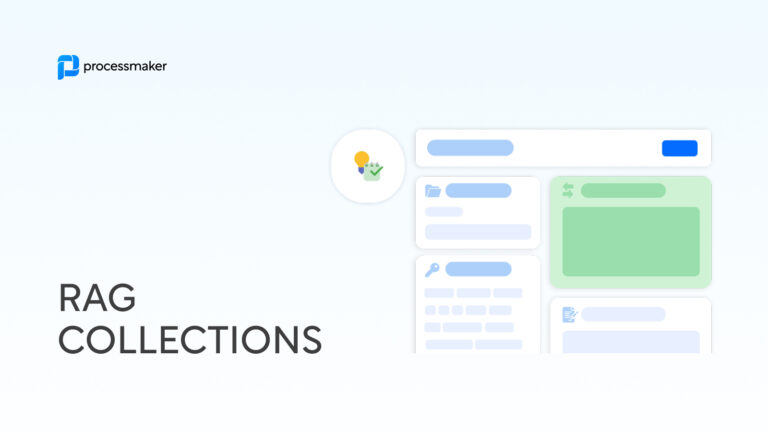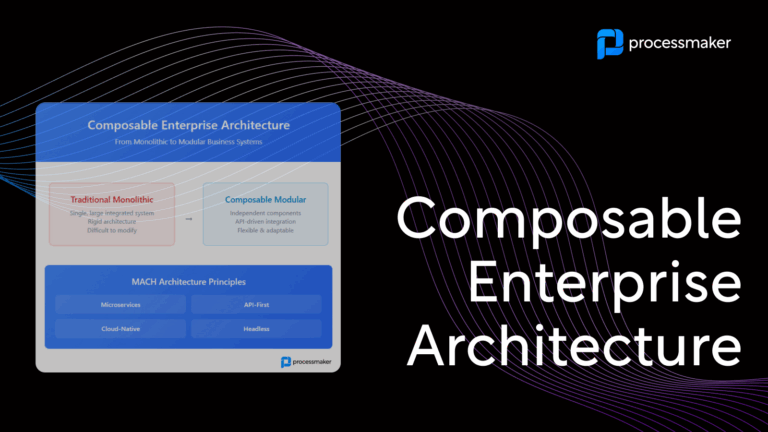Application development used to be a game of “inside baseball,” with programming languages like Java and C# serving as a stalwart gatekeeper between idea and deployment. Building a new app or workflow required help by a select few that were highly trained in the esoteric keys to the city. Modern workflow platforms have upended this paradigm, rolling out the red carpet of development to non-IT employees known as citizen developers.
What is a citizen developer?
In 2012, Gartner analyst John K. Walters famously proclaimed, “we’re all developers now,” debuting a new focus on the citizen developer trend. Underpinning the movement is the democratization of development tools: businesses have picked the locks on code-heavy development to open up application design to non-technical users. Propelled by the proliferation of simple visual tools, almost anyone can create custom applications that used to require thousands of lines of code to produce. Imagine how simple it is to create a PowerPoint presentation or build a basic website using new visual-based editors like Wix or Squarespace. “Low code tools” like these continue to pull back the curtain on IT and grant the ability to create lightweight workflows to a wider spectrum of employees.
Powering these low-code platforms are easy functionalities like:
- Visual development software that replaces programming with clicking on a canvas or building a flowchart.
- Drag-and-drop tools supplanting thousands of lines of code.
- Pre-built blocks and modules make simple code as easy to implement as dragging an animated transition into a slide presentation.
Instead of requiring a computer science degree, citizen developers can now build simple automations with user-friendly, low-code tools.
How does the citizen developer movement benefit your organization?
Citizen developers enable an “all hands on deck” mentality that can meet the challenges of scaling your business. The demand for top-notch customer experiences is developing at a breakneck speed, and a strategy of citizen development is one of the most popular ways to rise to the challenge. Here’s how you can benefit from the citizen developer movement:
- Free up your tech team to focus on bigger, more in-depth projects: Your IT team is well-trained in their field, and their talents are better served focusing on the big splash projects that drive your overall bottom line. Instead of filling their queue with tasks that don’t need eons of JavaScript training to handle, assign these tasks to your armada of citizen developers. Low-code tools kicked down the doors on basic programming to free up advanced IT professionals to pick the sophisticated locks on more advanced challenges.
- Grant a feeling of ownership to rockstar talent: Innovative team members are champing at the bit to wield new technologies that leave a lasting impression on your organization. These top performers don’t want to wait in the wings—they are motivated by the feeling of ownership. It’s a feeling that has a direct impact on how driven they are to put forth their best effort. Deputizing these standouts not only boosts morale and increases productivity, but businesses that fully engage their employees are 21% more profitable.
- Empower those on the frontline of your organization: Marketing and sales professionals often have the most face-to-face interaction with the bread and butter of your organization—your customers. They have the inside scoop on what customers are experiencing and what challenges they have navigating your service offering. By deputizing these front-office workers as citizen developers, you can bridge the gap between your eyes on the ground and the technology powering your customer experience.
- Broaden your digital transformation: By “un-siloing” development, you can invite new employees to the tech table to help reach your digital goals at greater speeds.
‘Citizen developer’ is more than a buzzword, but offers a tangible boost in both organizational efficiency and productivity. The power of the movement is so far reaching, that Gartner estimates that citizen developers handle nearly 60% of simple apps, creating unprecedented opportunity for your organization.
Why are some organizations hesitant to deputize citizen developers?
Despite the overwhelming benefits, many organizations are still reluctant to unleash the full power of the citizen developer. What are their chief concerns?
- Citizen developers will replace IT professionals: While some view the rise of the citizen developer as a threat, they’re actually meant to complement the IT team. Citizen developers can take some weight off the shoulders of your professional programmers, so they can focus more on what they do best. Think of citizen developers as a garnisher of the programming plate—they can make adjustments to the bigger picture without replacing the head chef.
- Citizen developers will make changes that negatively impact the technical health of the business: As opposed to an off-the-books shadow-op, citizen developers very much color inside the lines by only working within a set of IT-sanctioned tools.
By fostering the right hand-in-hand partnership between citizen developers and IT, your organization can quickly buck these hesitations and soak in the benefits of the low-code movement.
What does the future hold for the citizen developer movement?
The democratization of development opens new doors of productivity, but technology is a constantly moving carrot. The power of low-code tools will continually improve, grazing the asymptotic barrier of code itself. “No-code” tools will become simpler yet more powerful, bestowing even more capabilities upon your squadron of citizen developers. With your most talented team members itching to lead your organization into the future, now’s the perfect time to prepare them with the tools they need to expand the horizons of your business.





